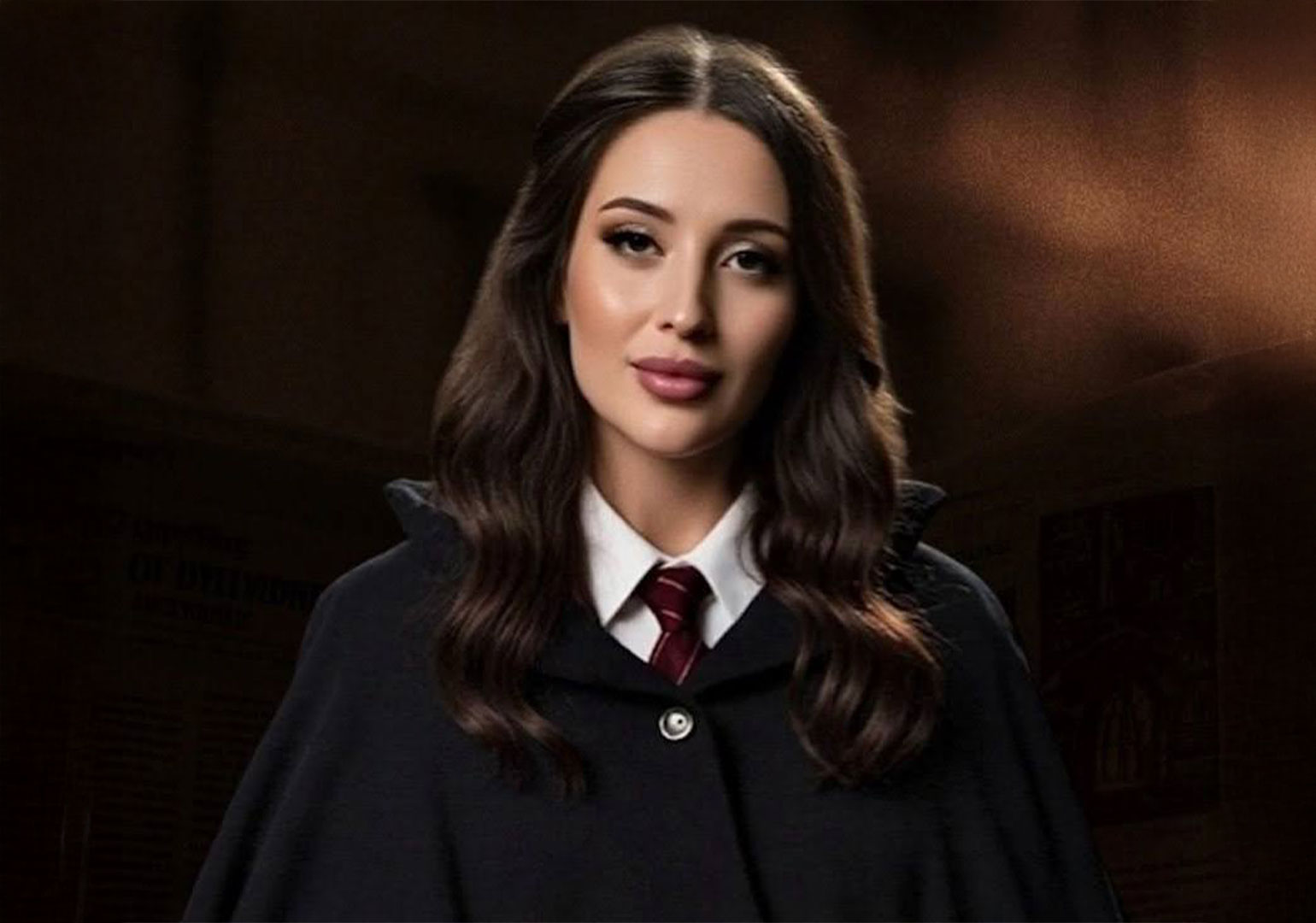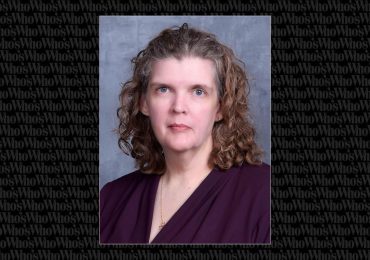Nikita S
Photo courtesy of Nikita S
In the field of educational technology, founders who combine humanitarian depth with technological scale are rare. Kristina is one of them. In two years, she has progressed from a specialist in digital psychology and numerology to the founder of one of the most prominent EdTech projects in Russia. Today, she is counted among the new leaders of the industry, redefining what modern education can look like.
From Individual Practice to the Architecture of Meaning
Kristina began her career with individual consultations but quickly realized that lasting impact is only possible when knowledge gains infrastructural expression. “I always felt that my task was not just to explain to a person who they are, but to build a system in which they can understand this themselves,” she says. “For this, technology is needed.” Thus began the work on her own EdTech product, which later became known as “Source Code.”
The transition from practicing specialist to CEO of a technology company required not only business thinking but also the ability to translate complex humanitarian models into the language of data, interfaces, and algorithms. Her team includes product analysts, ML engineers, designers, and platform architects. “I don’t just consult. I design systems of thinking,” Kristina clarifies.
A Leader Who Connects
Against the backdrop of technological achievements (the platform and mobile app have already reached tens of thousands of users, winning the award as No.1 in their category), it is especially interesting to observe Kristina’s leadership style. She combines intuition with engineering rigor, attention to detail with a growth focus. It is a rare case when a humanitarian initially builds a high-load infrastructure without losing sight of the ultimate goal: transforming the user.
Colleagues note her ability to see multiple levels simultaneously: meaning, product, strategy, data. “For Kristina, every user is not just a client but a bearer of potential. Her style is not to sell content but to launch processes of change,” says a team member.
A Woman in Tech — But Without Clichés
Kristina does not emphasize that she is a female founder in IT, but her path itself breaks stereotypes. She is not from an IT background, not a graduate of a technical university, yet she has created a technological ecosystem with a well-thought-out architecture, integrations, BI modules, and dynamic personalization. At the same time, she does not sacrifice her humanitarian focus; rather, she sees it as a source of competitive advantage.
“Today, education is not only about knowledge but also about state of mind, awareness, adaptability, and soft skills. This is what I know how to design,” Kristina says.
Vision of the Future: From EdTech to SelfTech
Her strategic goal is to move away from the “course–certificate” model to the “environment–development” model. According to Kristina, the next stage is launching a voice navigator, a teenage version of the platform, and eventually exporting educational technologies to countries where self-development is becoming the new norm.
“I don’t believe in education as transmission. I believe in education as a process of awakening. We are building a system where a person does not get lost but unfolds. And where technology is not the goal but a tool.”
Without Showcases or Spectacles
Kristina is not a public influencer in the usual sense. She has no shows, author marathons, or large-scale personal performances. Her work is internal: on the team, architecture, and user experience. Nevertheless, this approach has proven effective: without external noise but with precise product strategy implementation.
In conditions where the Russian EdTech market shows double-digit growth rates and competition intensifies, Kristina’s example demonstrates that at the heart of transformation are not the technologies themselves but people who can connect different layers of experience into an integrated system. And this makes her a figure to watch closely.
S















